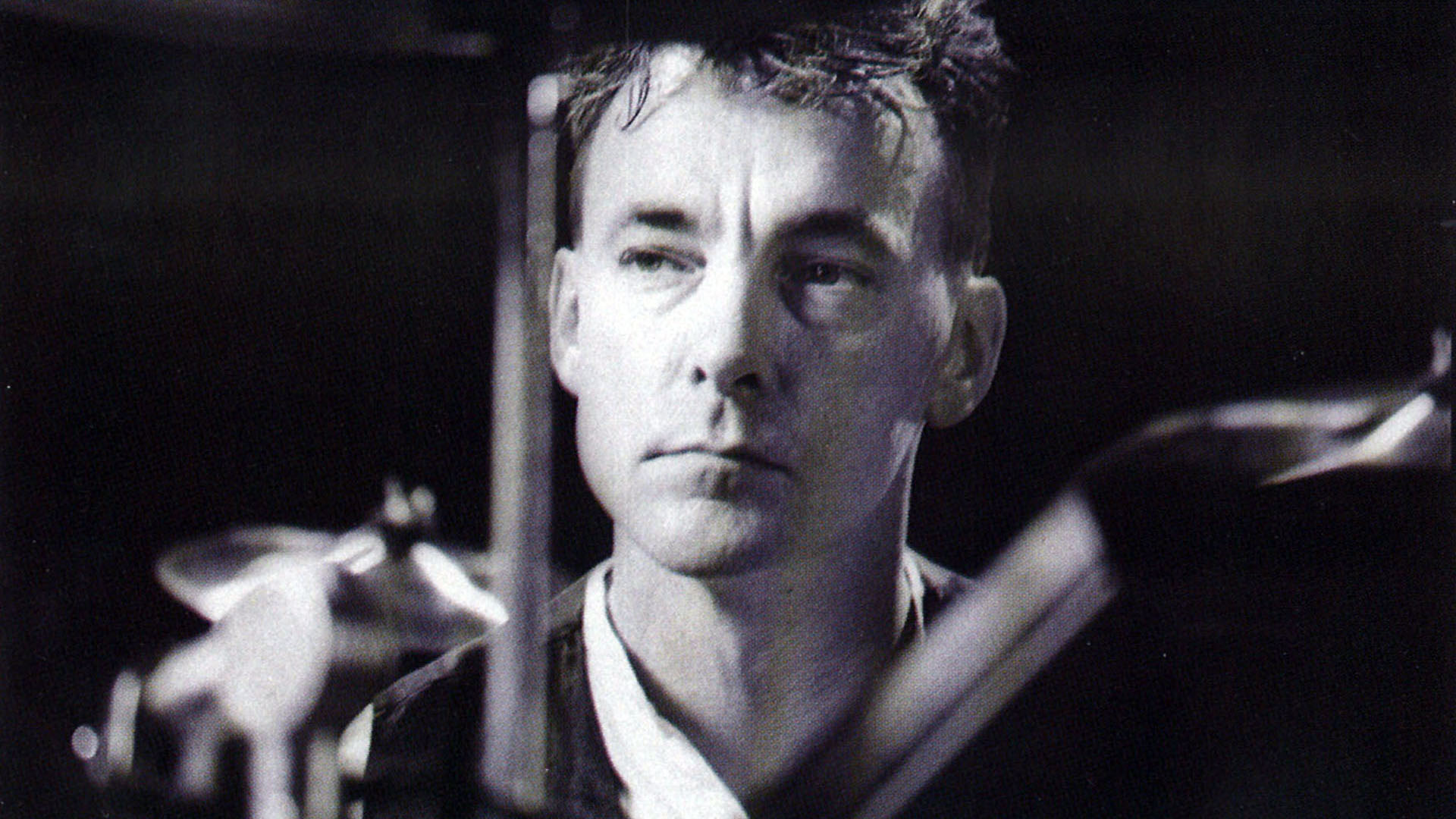All Together Now: Rush Does Its Own Thing
By Pete Bishop, Chicago Tribune, December 17, 1987, transcribed by pwrwindows

"It really is hard to believe that 'Hold Your Fire' is our 12th studio album in - 13 years together," noted Rush drummer Neil Peart.
But it is. And it's not the number itself that's significant but the average of almost an album of new material per year of the trio's existence.
Such a taxing regimen usually is restricted to up-and-comers trying to get the public to notice them, but Rush established itself long ago.
Songs such as "Fly by Night," "New World Man," "The Spirit of Radio," "Tom Sawyer," "Freewill" and "Closer to the Heart" have become staples of album-rock stations. "YYZ" netted a best-rock-instrumental Grammy nomination.
What keeps Peart, guitarist Alex Lifeson and singer-bassist-keyboardist Geddy Lee so prolific?
"I think it starts with relationship, and that tears most bands apart, not the much-touted 'artistic differences,' " the 35-year-old Peart said.
"There can be professional differences, like one person who writes most of the material or is a figurehead, and sometimes that causes a wedge where other members feel frustrated, that they're not making the contribution they feel they're capable of-whether they are or not. Most times it's personal strains of one kind or another.
"Because the three of us are equally involved in everything from the songwriting on up (Peart writes the lyrics, Lee and Lifeson the music), that includes responsibilities and satisfactions. It's a balanced relationship, and we all get along as friends. We have respect and affection for each other after all these years" even though they lead "very separate and individual lives" when not in the studio or on the road.
No, Peart continued, Rush never has considered taking a long break to work on solo projects or just get away from it all. "We're doing the music we like to do the way we like to do it. There's no need for us to go outside to do the things we want to do because Rush is broad enough and totally lacks restriction."
On the flip side, neither has the Toronto-based trio ever feared that such a prodigious output could create a customer-cooling glut on the market.
"That's not really a consideration. When we're ready to get busy on new material, that's when we do it. It isn't based on the market or the media."
It certainly isn't based on the singles market. Of all the songs on those dozen albums, only "New World Man" ever has cracked Billboard's Top 40.
Such always has been the lot of almost all progressive or art-rock bands. Yet Rush, like Pink Floyd and Yes, retains a loyal album and concert audience, and Peart "must admit I'm endlessly surprised because we're not trying to focus on the lowest common denominator. Our music is so uncompromising that you do take a big chance.
"You can't really expect in your heart of hearts that people will be there and accept what you do. Nobody ever knows (why fans like or dislike anything), or the formula makers at the record companies would have an easier job. We do what seems good and right to us and hope people will like it. You hope that conviction communicates itself, and that's why you reach people.
"I also think it's a reflection on the stagnation that exists in music right now. Most of the vital albums, music that's alive and exciting, has been from very established bands. I think of the new Roger Waters album ("Radio K.A.O.S."), and from what I've heard of the new Yes album ("Big Generator"), it's very exciting. It's great that we're still doing it, but there aren't any new people emerging as what should be a threat."
Conversely, Rush has no intention of returning to lengthy, science-fiction narratives such as "Hemispheres," "Cygnus X-1" and "Cygnus X-1 Book II" just because no younger band is filling that void. They'll stick with the shorter songs (all 10 on "Hold Your Fire" run between 4 and 5 1/2 minutes) they've been offering this decade because "you can't go back," Peart said.
"I think we realized even when 'Hemispheres' was finished that was as far as we could or wanted to take that form. We learned a lot in the late '70s by doing that stuff in terms of instrumental work and arranging. Having acquired that knowledge, the thing to do was build on it - plus, as young musicians, we'd done all the showing off we needed to do. The complicated time signatures and the instrumental extravaganzas could be used with more economy."
And on "Open Secrets," "Lock and Key," "Mission" and "Turn the Page" from "Hold Your Fire," they can be - and in fact are - combined with anywhere from a bit to a fair amount of dance-floor feel. Does this mean Rush is slyly but overtly making a pitch for wider listenership?
Nope. "That's just the way it goes," Peart said. "We are open to what's going on musically, and we usually take those influences and find a way to work them into our music. On the other hand, we're not snobbish. I like to dance, and good quality dance music doesn't offend me at all."